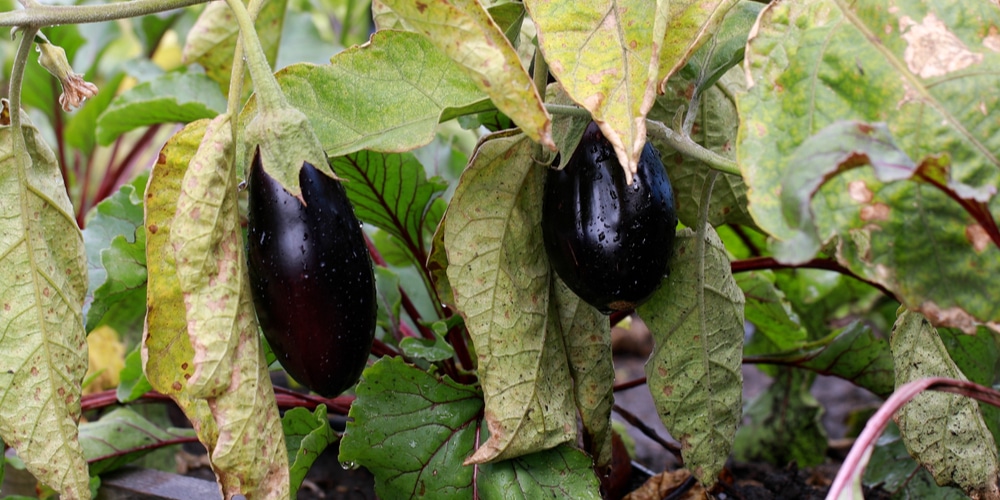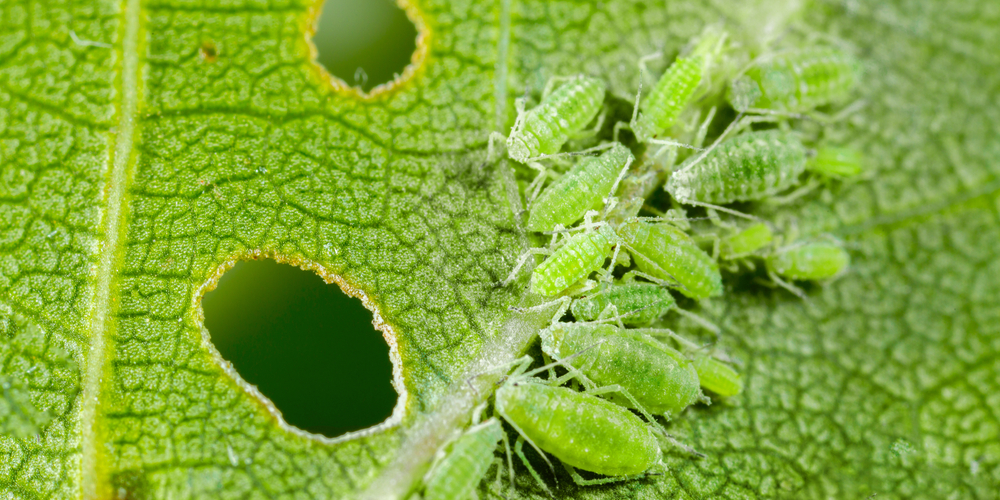The joy of growing vegetables in your garden and the reward of enjoying their taste is incomparable. After all, it is one of the best ways to get compensated for your efforts.However, the frustration of not getting the result you expect can make you reconsider your decision. You may be wondering what causes eggplant plant wilting.
While eggplants aren’t challenging to grow, you’ll have to pay attention to their needs to get abundant harvests. In the process, drooping can happen.
And when it does, you should take care of the problem because it is a sign of severe issues with your plants. Luckily, prompt action can limit harm and prevent your beloved veggies from dying.
Keep reading to learn how to fix eggplant wilting and eliminate what might be causing the issue.
Eggplant Plant Wilting

Here are the main causes of eggplant wilting.
Verticillium Wilt
Several factors might cause the eggplant to wilt and droop. Attacks from diseases and pests are one of the main reasons. In particular, the verticillium wilt is a fungal infection that tends to display similar symptoms of drought stress.
However, contrary to that (which you can solve by changing your watering schedule), verticillium is a devastating disease. And the worst part is that it can survive for years in the soil and attack other plants, including tomatoes and potatoes.
The first signs of the disease include yellowing of the leaves and wilting. Unfortunately, such a condition is challenging to treat. But before taking any measure, you may have to test the soil for the presence of the fungus. And if that’s the cause of the wilting, you might be better off asking for professional help.
Consider practicing crop rotation and solarizing the soil to prevent the appearance of the fungus. To reduce the chances of having issues, you can also consider planting resistant varieties.
Exposure to Low Temperatures
Eggplants do better in warm regions: cold temperatures might become an issue. Plant your eggplants at soil temperatures above 75°F and only when night temperatures stay above 60°F.
If you suspect your veggies have been exposed to cold, provide them shelter to assist their recovery. For instance, you can spread plastic bags over the soil and add a thick layer of mulch around your plants.
Doing so will regulate the ground’s temperatures and prevent your eggplants from wilting and dying.
Also, you should cover your vegetables with a fabric of clear plastic bottles. Such protection will reduce damage from cold winds (and even insects).
Overwatering
Another common issue that might cause wilting is overwatering. Indeed, too much moisture will cause roots to rot. Such a condition impairs the absorption of water and nutrients and results in wilting.
But beware: underwatered plants might also display similar symptoms. Eggplants usually need one inch of water per week. However, you might have to adjust your watering schedule depending on your local weather.
For instance, if the temperatures start rising or the air becomes windy, you may have to increase the watering frequency. Feel the soil with your fingers to learn about your plants’ needs: wait for it to dry before adding extra moisture.
Don’t forget that thorough watering is better than frequent and light applications. Indeed, the latter causes the plant to develop shallow roots, which will make them dry faster.
Pests
Your wilting eggplants might also be suffering from attacks from pests. Some of the common ones include slugs, cutworms, and snails. Such creatures will chew your eggplant’s leaves and stems, which might cause your plant to struggle for nutrients.
You shouldn’t have issues identifying their presence. As soon as you notice bite marks, take measures to control the communities of insects that might be feeding on your plants.
Usually, the earlier you act, the less you (and your plants) will have to suffer. You can control slugs and snails using suitable pesticides in granules. Don’t forget to follow the instructions you find on the label to prevent damaging your eggplants.
Other pests that might attack your eggplants and eat the leaves include flea beetles, spider mites and alphids. These insects which lay their eggs on the underside of the plant’s leaves and will cause them to wilt.
To reduce infestation, you should consider applying a pesticide and installing physical barriers.
For instance, adding a layer of organic straw mulch might help. Avoid purchasing products that kill ladybugs: these colorful insects are beetles’ natural predators.
Eggplant Plant Wilting: Conclusion
As you can see there are many things that cause eggplants to wilt. By figuring out the cause you can change the conditions for your plant to help it thrive.
Related Article: Why is My Lavender Wilting?
